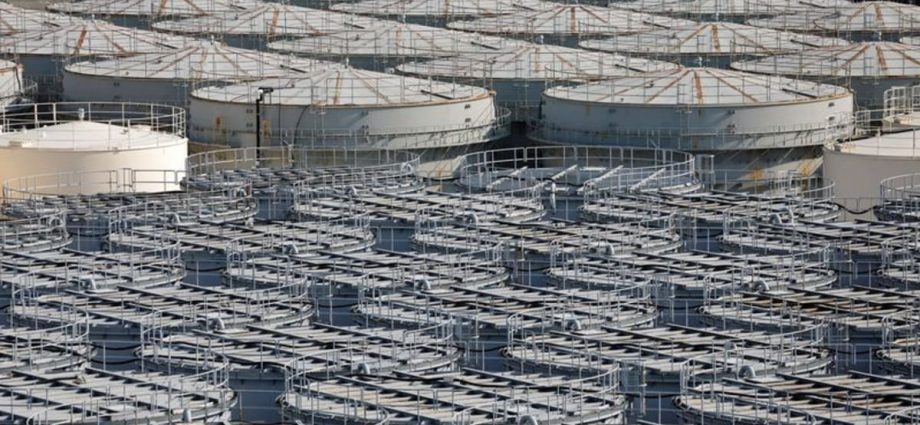
About 1.33 million cubic metres of groundwater, rainwater and water used for cooling have accumulated at the Fukushima nuclear plant, where several reactors went into meltdown after the 2011 tsunami overwhelmed cooling systems.
The plant operator treats the water to remove almost all radioactive elements except tritium, and plans to dilute it before discharging it into the ocean over several decades.
The statement comes as IAEA head Rafael Grossi is wrapping up his three-day visit to Seoul with a meeting with opposition lawmakers, who have criticised the planned release.
On Saturday, Grossi met with South Korean foreign minister Park Jin to brief him on his agency’s findings, Seoul’s foreign ministry said in a statement.
Park requested “active cooperation from the IAEA for safety verification and public reassurance”, it added.
Following that meeting, Grossi said the IAEA will remain at the Fukushima plant to ensure safety “every step of the way”, tweeting: “What starts now is even more important than the work done so far – the continuous monitoring of the plan’s implementation.”

